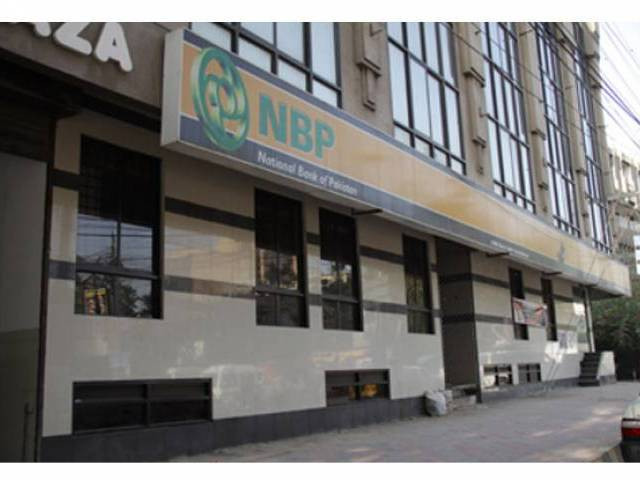NBP to exit from offering remittance service in US
Decision taken in view of ‘current regulatory landscape in US’

Decision taken in view of ‘current regulatory landscape in US’. PHOTO: FILE
National Bank of Pakistan (NBP) will stop offering remittance services in the United States (US) March 31 onwards, according to a bank official.
US-based workers will not be able to use NBP’s home remittance service called ‘PakRemit’ from next month because of changing ‘market dynamics’ of the remittance business, a spokesman for NBP told The Express Tribune on Friday.
Overseas Pakistanis: About 70% of remittances come from Middle East
“NBP has made a business decision to exit from offering remittance service in the US and has made arrangements with other Money Service Businesses (MSBs) for the remittance of overseas Pakistanis,” he said.

An MSB can be a full-fledged bank or a non-bank financial institution that is authorised to transmit money overseas.
NBP has made tie-ups with the MSBs, the spokesman noted, adding that the decision was taken in view of the changing nature of the global remittance business due to the “current regulatory landscape in the United States”.
“MSBs are registered in each and every state across Americas and are easily accessible to customers,” he added.
According to the US Consumer Financial Protection Bureau, federal consumer protection rules did not apply to most of remittance transfers until October 2013. But the Dodd-Frank Wall Street Reform and Consumer Protection Act established new standards with respect to remittance transfers. It authorised the Consumer Financial Protection Bureau to issue new rules to protect consumers who send money electronically to foreign countries.
National Bank of Pakistan: NAB may probe Rs14b losses at Bangladesh branch
The rules apply to most remittance transfers if they are more than $15, made by a consumer in the US and sent to a person or company in a foreign country.
New rules increased compliance costs for the banks offering remittance transfers, as they are now required to give disclosures to consumers before they pay for the remittance transfers.
Overseas Pakistanis sent remittances amounting to $11.2 billion in July-January, up 5.98% from a year ago, according to the State Bank of Pakistan (SBP). Workers’ remittances constitute about 45% of the Pakistan’s import bill, which shows the crucial role they play in keeping the Pakistani economy afloat.
In the last fiscal year, workers based in the US sent Pakistan $2.7 billion, which was the highest amount after Saudi Arabia ($5.6 billion) and the United Arab Emirates ($4.2 billion). However, remittances from the United States have been decreasing in recent months. They amounted to $1.52 billion in Jul-Jan, which is almost 5% smaller than the remittances received in the comparable seven-month period of the preceding fiscal year.
The recent decline in the remittances that the Pakistani diaspora in the United States sends home every month is intriguing, as the US economy is growing at a higher rate than other advanced economies while constantly adding new jobs.
Corporate results: NBP posts Rs20b profit for 2015
According to the SBP, one major reason for the decline in remittances received from the US is the shrinking difference in the prevailing interest rates in the two economies. “Probably this slowdown should be seen in the context of narrowing interest rate differential, which is an outcome of normalising monetary policy in the United States and an easy policy in Pakistan,” according to the central bank’s latest annual report.
In the presence of a wide gap between the rates of investment returns in the US and Pakistan, the US workers of Pakistani origin would prefer investing their savings in Pakistan until recently - something that resulted in healthy annual growth in workers’ remittances from the United States for many years.
But with interest rates going up in the US and coming down in Pakistan at the same time, the difference in the average investment returns seems to be narrowing.
No wonder US-based workers of Pakistani origin are now holding on to their savings instead of remitting them back home. They are withholding that portion of their savings that they would otherwise send their families for “investment purposes,” the SBP believes.
This analysis reconciles with empirical findings as well, according to the SBP. Referring to an international research study carried out in 2011, the SBP said the difference between investment returns in the host country - United States, in this case - and Pakistan is a “highly significant determinant” of remittance growth for Pakistan.
Published in The Express Tribune, March 5th, 2016.
Like Business on Facebook, follow @TribuneBiz on Twitter to stay informed and join in the conversation.


















COMMENTS
Comments are moderated and generally will be posted if they are on-topic and not abusive.
For more information, please see our Comments FAQ